Are Worms Beneficial for Vegetable Gardens? Unearthing the Truth
- February 15, 2024
- 0 comment
The humble earthworm, often unnoticed beneath our feet, plays a pivotal role in the health and productivity of our vegetable gardens. This article delves into the fascinating world of worms and their contributions to horticulture, particularly in vegetable gardens.
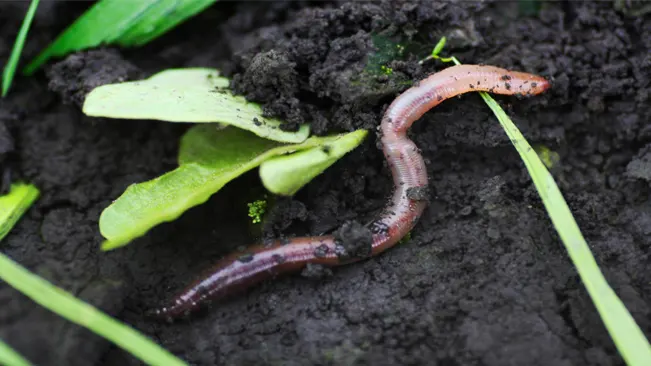
The Role of Earthworms in Soil Health
Earthworms are nature’s tillers. They burrow through the soil, creating channels that enhance soil aeration and water absorption. Their movement helps to loosen and mix the soil, making it more friable and suitable for plant growth. This natural tilling is especially beneficial in vegetable gardens where soil compaction can be a problem.
Enhancing Soil Structure
Earthworms are like natural tillers, their burrowing activity breaks up hard, compacted soil, making it looser and more favorable for vegetable growth. Their tunnels allow plant roots to penetrate the soil more deeply and easily, promoting healthier plant development.
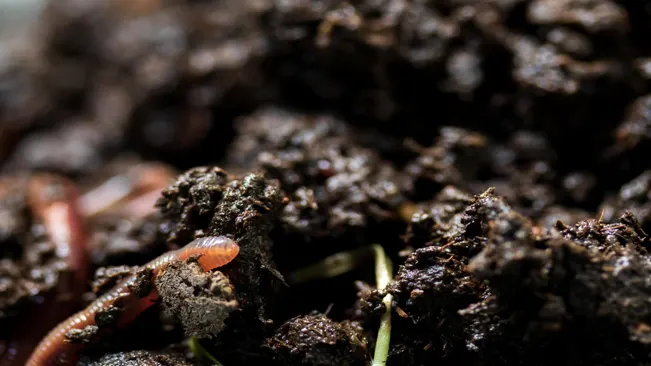
Improving Aeration and Water Management
The channels earthworms create in the soil improve aeration, essential for root respiration. These tunnels also aid in water infiltration and drainage, preventing problems like waterlogging, which can harm vegetable plants.
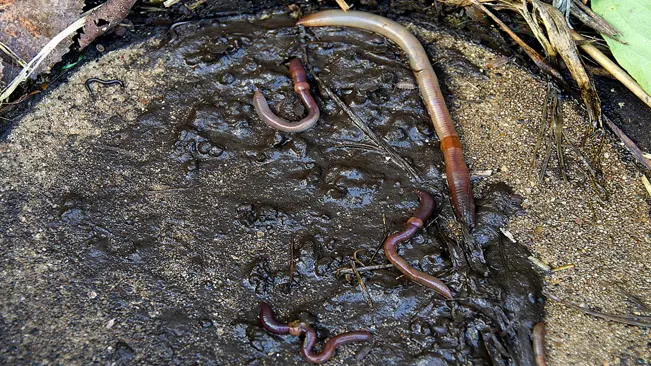
Nutrient Distribution and Availability
As earthworms consume soil and organic matter, their digestive process enriches what they excrete (worm castings) with available nutrients. Their movement helps distribute these nutrients throughout the soil, making them more accessible to plant roots.
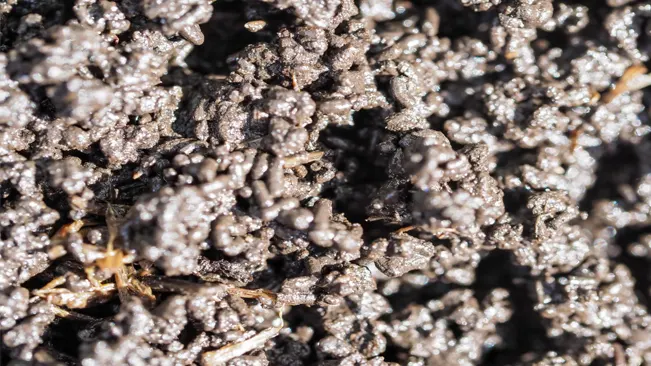
Promoting Microbial Activity
Earthworm activity boosts soil microbial life. Their castings are microorganism-rich, and their movement through the soil stimulates further microbial activity, aiding in the breakdown of organic matter and the release of additional nutrients.
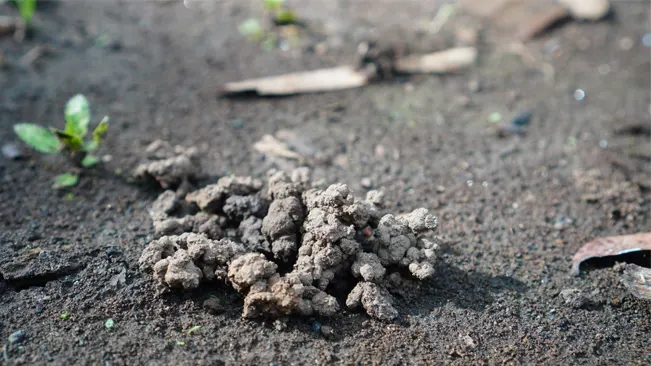
Soil pH and Organic Matter Decomposition
Earthworms can help neutralize soil pH, beneficial for growing a variety of vegetables. They also accelerate the decomposition of organic matter like dead leaves and roots, converting it into nutrients more easily absorbed by plants.
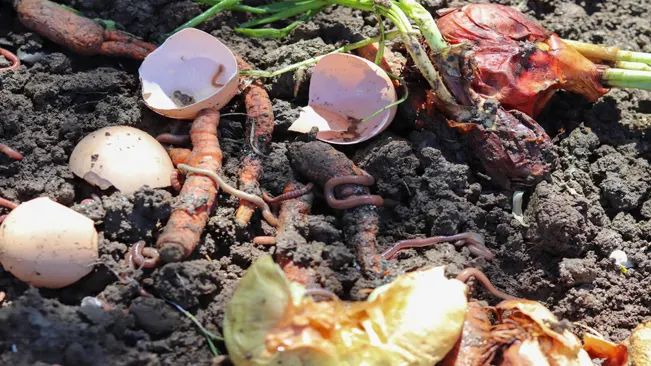
Nutrient Cycling and Worm Castings
Worms are efficient recyclers. As they consume organic matter, such as dead leaves and decomposing roots, they break it down and excrete it as worm castings. These castings are a potent form of organic fertilizer, rich in nutrients like nitrogen, phosphorus, and potassium – essential for the healthy growth of vegetables. The presence of worms in a garden, therefore, can reduce the need for synthetic fertilizers.
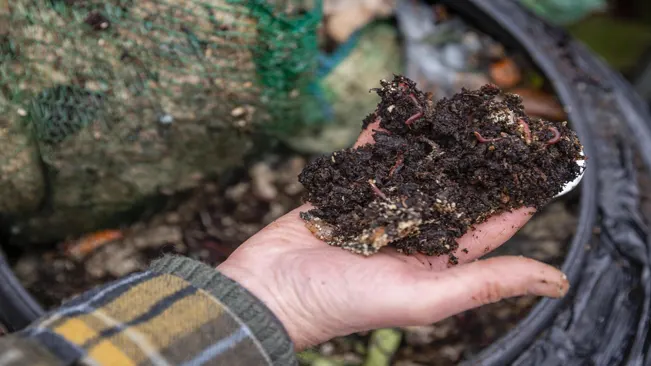
Nutrient Cycling in Soil
Nutrient cycling is essential in gardens, as it moves nutrients from the environment to plants and back again. Earthworms are crucial in this process, especially in breaking down organic matter and releasing plant-accessible nutrients.
Earthworms and Nutrient Cycling
Earthworms enhance nutrient cycling by eating and digesting organic materials like dead leaves and plant roots. Their activity breaks down these materials into smaller pieces, aiding in decomposition.
Production of Worm Castings
Worm castings, the byproduct of earthworm digestion, are beneficial for several reasons:
- Rich in Nutrients: These castings have higher concentrations of essential nutrients (nitrogen, phosphorus, potassium) than the surrounding soil, crucial for plant growth and easily absorbed by plants.
- Improved Soil Structure: Castings create a fine, granular soil texture, enhancing porosity and water retention, which benefits root growth and plant health.
- Microbial Enhancement: They’re rich in beneficial microbes that further break down organic matter and improve nutrient availability to plants, also helping in disease suppression.
Impact on Fertilizer Use
The presence of earthworms and their castings can greatly reduce the need for synthetic fertilizers. They naturally replenish essential nutrients, offering a sustainable and eco-friendly fertilization method, cutting costs and environmental impact associated with chemical fertilizers.
Worms as Bioindicators
The digestive process of earthworms encourages the proliferation of beneficial soil microbes. These microbes are crucial for nutrient absorption by plants. They also help in breaking down organic matter, further enriching the soil. Healthy microbial activity leads to a more robust soil ecosystem, which is fundamental for a thriving vegetable garden.
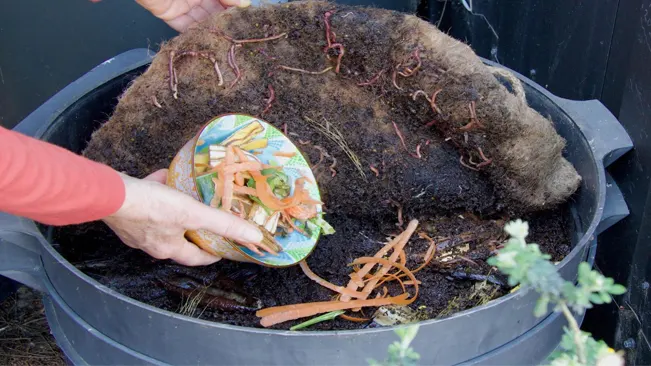
Role of Earthworms in Enhancing Microbial Activity
- Digestive Process: As earthworms consume organic matter in the soil, they break it down into smaller particles. This partially digested material becomes more accessible and easier for microbes to further decompose.
- Worm Castings: The excretions (castings) of earthworms are rich in organic matter and nutrients. These castings are an excellent food source for soil microbes, which thrive in and around these deposits. The microbial density in worm castings is often significantly higher than in the surrounding soil.
- Aeration and Mixing: The burrowing behavior of earthworms helps in aerating the soil and mixing organic and mineral soil layers. Increased aeration enhances the oxygen supply, crucial for aerobic microbial processes. The mixing of soil layers brings microbes into contact with new substrates, promoting their growth and activity.
- pH Regulation: Earthworm activity can also influence soil pH, making it more favorable for certain microbial populations. The neutralizing effect of worm activity can create a more balanced soil pH, which is conducive to microbial diversity.
- Creation of Microhabitats: The tunnels and burrows made by earthworms create microhabitats with varying levels of moisture and nutrients. These microhabitats are ideal for different microbial communities, thereby increasing overall microbial diversity in the soil.
Impact on Vegetable Gardens
- Improved Nutrient Availability: The enhanced microbial activity helps in the faster breakdown of organic matter into nutrients that plants can easily absorb. This is particularly beneficial for vegetable gardens where nutrient availability is crucial for plant growth and productivity.
- Disease Suppression: Some soil microbes play a role in suppressing plant diseases. By encouraging a healthy microbial community, earthworms indirectly contribute to the plant’s health and resilience against certain pathogens.
- Soil Structure Improvement: The combined action of earthworms and soil microbes leads to better soil structure. Good soil structure is necessary for root development, water retention, and overall plant health.
- Sustainable Gardening: Encouraging earthworms and microbial activity contributes to a more sustainable and organic approach to gardening, reducing the need for chemical fertilizers and pesticides.
Worms as Bioindicators
The presence of a healthy worm population is often an indicator of good soil health. If your vegetable garden is teeming with these creatures, it’s a sign that your soil is in good condition. Conversely, a lack of worms can be a red flag, prompting gardeners to take steps to improve soil quality.
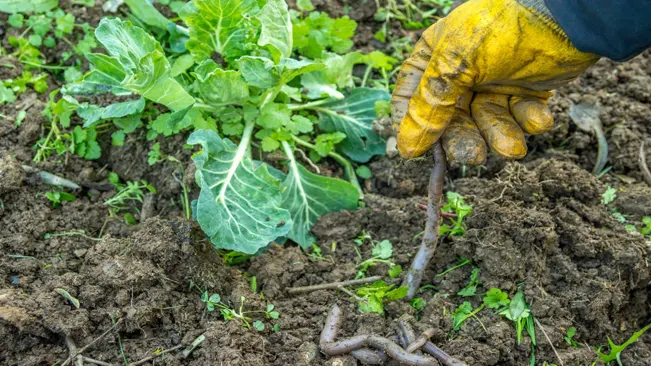
The Concept of Bioindicators
- Definition: A bioindicator is a living organism that provides information on the quality of the environmental conditions in which it lives. Their presence, absence, or overall health can signal the state of the environment.
- Worms’ Role: In the case of vegetable gardens, earthworms serve as bioindicators of soil health. Their activity and population can reflect the biological, chemical, and physical state of the soil.
Indications of a Healthy Worm Population
- Active Soil: A good number of active worms indicates well-aerated and nutrient-rich soil. Earthworms thrive in environments that are neither too dry nor too wet, with adequate organic matter.
- Soil Structure: The presence of earthworms suggests a soil structure that is conducive to plant growth. Their burrowing action improves soil porosity, essential for root development and water infiltration.
Signs of Poor Soil Health
- Absence of Worms: A noticeable absence or a very low population of earthworms could indicate issues such as soil compaction, poor drainage, high acidity, or a lack of organic matter.
- Observing the Worms’ Health: Besides their presence, the health and behavior of the worms themselves can be telling. Unhealthy or lethargic worms may suggest soil contamination or other environmental stressors.
Improving Soil Health for Earthworms
- Organic Matter: Adding compost, leaf litter, and other organic materials can improve soil fertility and structure, making it more attractive to earthworms.
- Moisture Management: Ensuring the soil is neither too dry nor waterlogged creates a favorable environment for worms. Mulching can help maintain balanced soil moisture.
- Avoiding Harsh Chemicals: Reducing the use of chemical fertilizers and pesticides helps create a safer habitat for earthworms and other beneficial soil organisms.
- Cultivation Practices: Minimizing soil disturbance through practices like no-till gardening can protect earthworm habitats and allow them to thrive.
Monitoring and Adjusting
- Regular Soil Checks: Periodically checking for earthworm activity can help you gauge the health of your soil and make necessary adjustments.
- Biodiversity: Encouraging a diverse range of organisms, not just earthworms, can lead to a more resilient and healthy garden ecosystem.
Challenges and Considerations
While worms are generally beneficial, there are considerations. Certain types of earthworms, especially non-native species, can disrupt local ecosystems. Also, in soils with high acidity or heavy clay content, worms might not thrive as well. Gardeners should strive for a balanced approach, promoting conditions favorable for native worm species.
Challenges with Non-native Earthworm Species
- Ecosystem Disruption: Non-native worms may outcompete native species, affecting local worm populations and potentially disrupting the ecosystem balance.
- Soil Structure Alteration: Aggressive burrowing by non-native species can change soil structure in ways that may not benefit local plants or other soil organisms.
- Impact on Forest Floors: In forests, non-native worms can rapidly break down leaf litter, crucial for seed germination and providing habitat for microorganisms and insects.
Considerations for Earthworms in Different Soil Types
High Acidity Soils
Earthworms are less active and less likely to survive in highly acidic soils, reducing their benefits in such environments.

Heavy Clay Soils
Dense clay soils challenge earthworm survival and movement, limiting their effectiveness in improving soil structure.
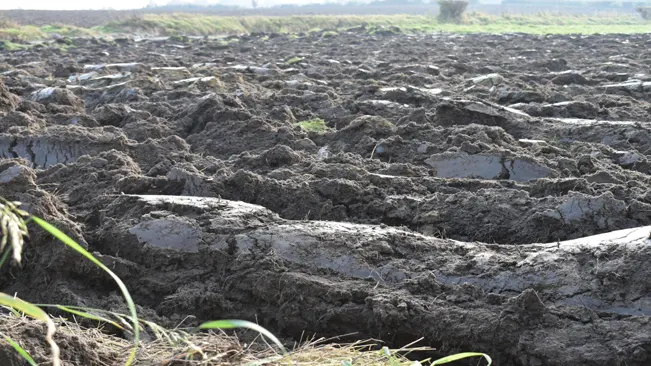
Strategies for Promoting Native Worm Species
- Understanding Local Species: Learn about local earthworm types and their ecological roles to better support them.
- Avoid Introducing Non-natives: Refrain from adding external earthworms to avoid the risk of introducing non-native species.
- Creating Favorable Conditions: Add organic matter, minimize soil disturbance, and maintain proper moisture to attract native earthworms.
- pH Management: Test and adjust soil pH to create a more suitable environment for earthworm activity.
- Educate and Share Knowledge: Spread awareness about the importance of native earthworms to encourage community-wide conservation efforts.
Pros of Earthworms in Vegetable Gardens
- Soil Aeration and Drainage: Earthworms create tunnels as they move through the soil, which improves aeration and drainage. This is vital for healthy root growth and prevents issues like root rot in vegetables.
- Natural Fertilization: As earthworms consume organic matter, their waste (castings) is an excellent natural fertilizer. Worm castings are rich in nutrients like nitrogen, phosphorus, and potassium, essential for plant growth.
- Improved Soil Structure: The burrowing action of worms helps to mix and loosen the soil, making it more friable. This improved soil structure facilitates better root penetration and growth.
- Decomposition of Organic Matter: Worms play a crucial role in breaking down organic matter, including dead roots, leaves, and compost, turning them into more accessible nutrients for plants.
- Enhancing Microbial Activity: The digestive process of earthworms supports beneficial soil microbes. These microbes are key in nutrient cycling and keeping the soil healthy.
- Environmental Indicators: The presence of a healthy population of earthworms often indicates good soil health, which is essential for a thriving vegetable garden.
Cons of Earthworms in Vegetable Gardens
- Potential for Overpopulation: In some cases, if not managed, earthworms can become overpopulated, leading to excessive soil disturbance and nutrient depletion.
- Non-native Species: Introduction of non-native earthworms can disrupt local ecosystems. Some species may out-compete native worms and alter the soil structure unfavorably.
- Imbalance in Soil Ecology: Too many earthworms might lead to a reduction in the organic matter layer on the soil surface, which can affect the germination of some vegetable seeds and the habitat for other beneficial organisms.
- Specific Soil Types: In certain types of soils, like very sandy or clay-heavy soils, earthworms may not thrive as well, which means their beneficial effects will be limited in such environments.
- Potential Plant Damage: In very rare cases, when there is a lack of organic matter, earthworms might damage young plant roots while searching for food.
- Disease Transmission: While not common, earthworms can potentially carry diseases or parasites that could be harmful to plants or even humans handling the soil or worms.
Conclusion
In conclusion, worms play a crucial and often underappreciated role in the health and productivity of vegetable gardens. Their ability to improve soil structure, enhance nutrient cycling, and boost microbial activity makes them invaluable allies for gardeners. By understanding and supporting the role of these remarkable creatures, we can cultivate healthier, more productive, and environmentally friendly vegetable gardens.
FAQs (Frequently Asked Questions)
- What do earthworms do in the soil of a vegetable garden?
Earthworms improve soil structure by creating tunnels, which enhances aeration and water drainage. They also break down organic matter and release nutrients back into the soil. - Can earthworms improve the fertility of garden soil?
Yes, earthworms significantly improve soil fertility. Their castings (worm poop) are rich in essential nutrients like nitrogen, phosphorus, and potassium, which are beneficial for plant growth. - Do earthworms help with pest control in vegetable gardens?
Indirectly, yes. By improving soil health, earthworms can create a more resilient ecosystem that may reduce the impact of certain pests. However, they do not actively control pests. - Can I add earthworms to my vegetable garden?
You can, but it’s often unnecessary. If you maintain a healthy, organic garden with plenty of compost and mulch, earthworms will usually populate the soil naturally. - Are there any disadvantages to having earthworms in my garden?
In most cases, earthworms are beneficial. However, overpopulation can lead to excessive nutrient cycling, and non-native species might disrupt local ecosystems. - How do I know if my garden has enough earthworms?
A simple way to check is to dig a small section of soil (about one square foot and about 6-8 inches deep) and count the number of worms you see. Generally, 5-10 worms in this amount of soil indicate healthy soil. - Can earthworms survive in any type of soil?
Earthworms thrive in moist, loamy soils rich in organic matter. They might struggle in very sandy, dry, or clay-heavy soils. - Do earthworms need to be fed in a garden setting?
No, earthworms feed on organic matter in the soil, such as decaying plant material and compost. If your garden has a good amount of organic material, additional feeding is not necessary. - Can earthworms harm my vegetable plants?
It’s very rare for earthworms to harm healthy plants. They generally feed on decomposing organic matter, not living plant roots. - What can I do to attract more earthworms to my vegetable garden?
To attract earthworms, maintain a healthy layer of organic mulch, minimize soil disturbance, keep the soil moist, and add compost regularly.

Kristine Moore
Forestry AuthorI'm Kristine Moore, a seasoned garden landscaping professional with over 30 years of experience. My extensive career has been dedicated to transforming outdoor spaces into stunning, sustainable landscapes. With a deep understanding of horticulture, design principles, and environmental stewardship, I have become a respected figure in the field, known for creating harmonious, visually appealing, and eco-friendly gardens. My commitment to excellence and continuous learning in landscaping trends and techniques has solidified my reputation as an expert in garden design and implementation.

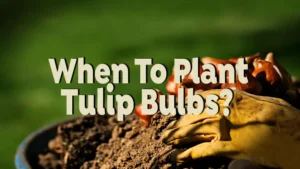
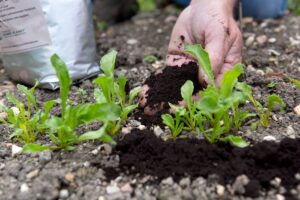
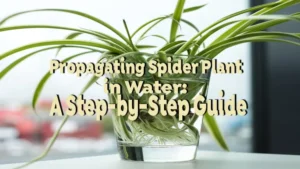
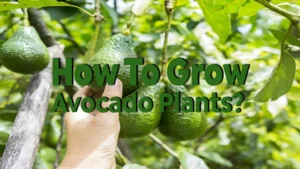



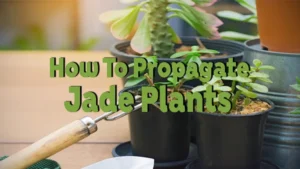

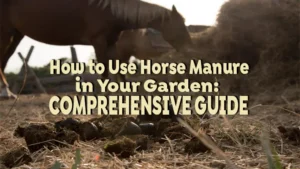

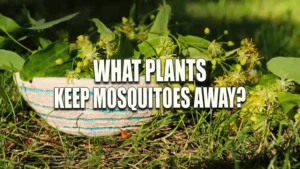
Leave your comment